Bashaga
Fathi Bashaga, head of the Ministry of Internal Affairs of the Government of National Reconciliation of Libya, was dismissed while in Turkey.
The decision was not made by chance: the conflict between Bashaga and the head of the PNC Faiez al Sarraj has been going on for a long time. The moment it happened, however, was unexpected.
In addition to the decision to remove Bashaga from power, an investigation was launched. In the course of the case, the former head of the Interior Ministry was accused of brutal dispersal of rallies in Tripoli and criminal orders.
This falls within the framework of a struggle within the GNA for power, where Bashaga is one of the biggest players. Now, Bashaga finds himself in a situation where his reputation has suffered dramatically. After he denied involvement in dispersal of protesters, a new wave of anger erupted from those that claimed he did not support the people in the protest.
We can conclude that the balance of power within the GNA is changing. It is possible that the GNA’s geopolitical guidelines will be adjusted in the future – Bashaga was particularly active in advocating government cooperation with NATO and calling for the establishment of a US base in Libya.
Protests in Germany
Germany’s largest anti-coronavirus protests are raging, although the name itself is quite conventional. At least 300 protesters were already detained at the rallies.
According to media reports, at least 38,000 people took to the streets to hold demonstrations. Some of the protesters even tried to storm the Reichstag. One of the driving political forces in the protests was the right.
The rally was initially banned, but eventually the court allowed it to take place. Due to “security breaches”, the police ordered one group to disperse at the Brandenburg Gate. After a scuffle during which stones and bottles were thrown, the first 200 people were arrested.
Among the demands made by the coronavirus protester was respect for the fundamental rights and freedoms enshrined in Germany against the restrictive measures taken due to the unstable epidemiological situation.
The wave of protests went beyond Berlin and became all-European – thousands of people gathered on Trafalgar Square in London and chanted that masks were muzzles and accused the authorities of a “new fascism”. The actions were also held in Vienna, Paris and Zurich.
In fact, the coronavirus measures are just an excuse to take to the streets. The long accumulated popular anger against the establishment and pseudo-democracy simply broke through against the backdrop of economic instability after the measures against Covid-19.
While the protests were ostensibly against the coronavirus measures, the real reason was a general disagreement with state policy. A variety of political groups took part, from extreme right to extreme left, from greens to religious groups.
The mainstream media mainly reflected the position and interests of the German government – the numbers reported in the media differ from the numbers named by the protesters and activists themselves.
The protest, according to the participants, was not violent – the demonstrations were mostly peaceful, except for a few clashes (particularly with anti-fascists).
Interestingly, as in the case of Yellow Vests, the protest in Germany has no unified leadership – some groups organized their demonstrations with their own agenda, while others’ interests coincided.
These protests may in the long run become a pillar of anti-globalist sentiment in Germany and Europe. It all depends on who captures the ideological core of the protest movement, and who is marginalized. The question now is who will be able to form a clear ideological agenda and goals under which different groups are united.
Riots in the US
The weekend was also hot in the US, particularly in Portland, Oregon. At one point, supporters of President Donald Trump (the so-called “caravan”) and protesters under the slogans “Black Lives Matter” clashed in the streets.
The escalating situation was accompanied by local fights, clashes with counter-demonstrators and gunshots. At least one person who was caught in the fire was killed.
The caravan arrived in the city center just at the time when the protest action planned for Saturday began.
For Trump, Portland was an electorally complex city, which he himself called pro-liberal and violent. For the third consecutive Saturday, a caravan of Trump supporters rallied in the town.
Black Lives Matter rallies are usually aimed at police and federal buildings. Some protesters called for cuts in police budgets, while the mayor and some members of the black community denounced the violence, saying it was counterproductive.
All of this is linked to the US presidential race (elections will be held in November 2020). Trump and other speakers at the Republican National Convention outlined a bleak future if November’s hopeful Democrat Joe Biden wins, and pointed to Portland as a cautionary “fairy tale” of what awaits Americans.
Joe Biden himself actively used the protests in Portland (as was the case for Minneapolis) against his opponent. Since Trump sent federal law enforcement agencies to Portland to deal with the situation in the city, Biden criticizes him for excessive measures – suggesting that national security agents are in the city without a clearly defined mandate or authority, and without badges or insignia to detain people.
“We have a president who is determined to sow chaos and division,” Biden said.
Trump himself said that the ongoing arson and chaos in Portland is not a product of Donald Trump’s America.
Protests continue not only in Portland, but also in Oregon and Wisconsin. The reason for the explosion of protests may be local cases (racism, police brutality or, on the contrary, looting) – but the disease infecting the United States is not Trump itself, but in a vicious system in which Democrats and Republicans remain loyal to an elite establishment, and the interests of the people are left aside.







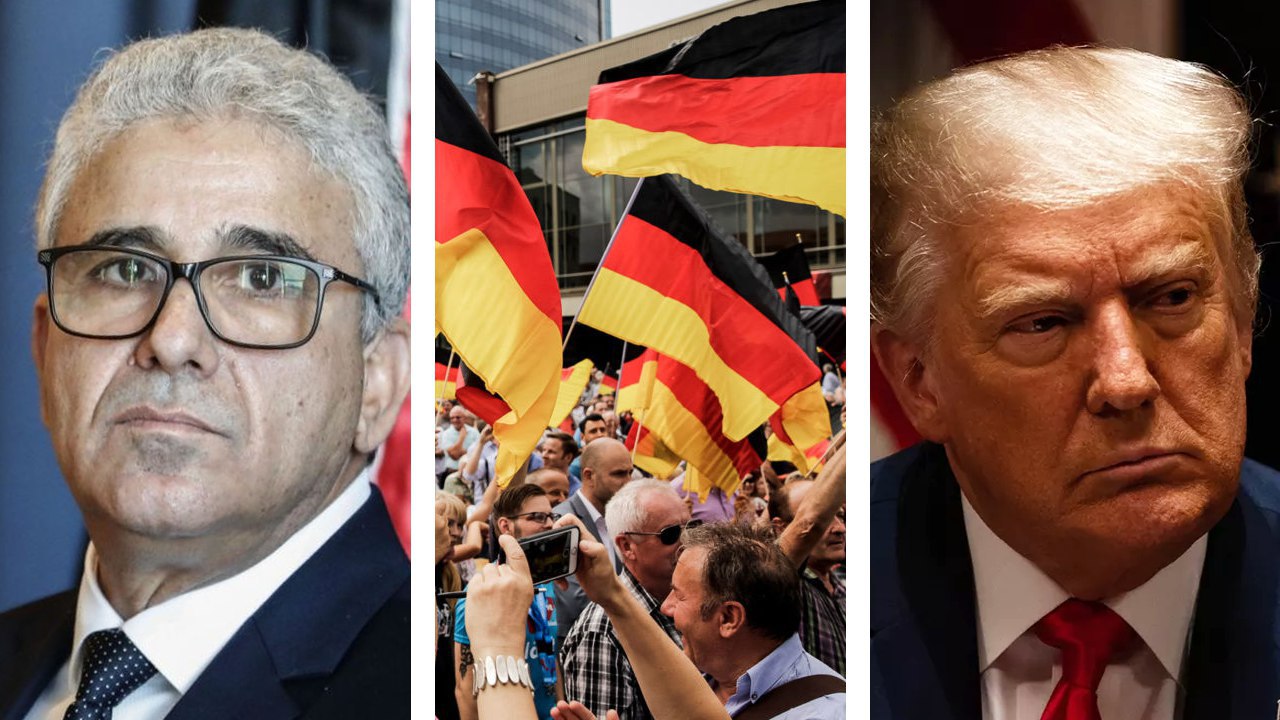

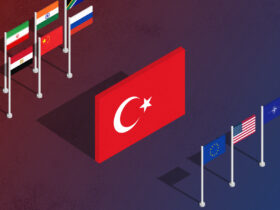
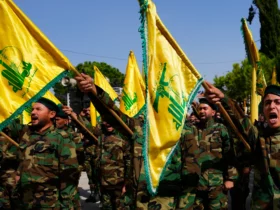
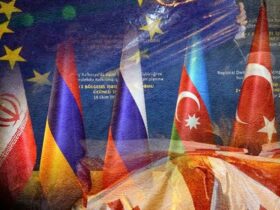
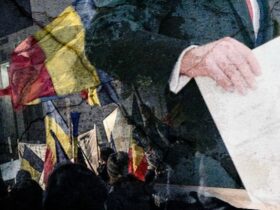
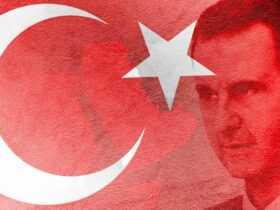
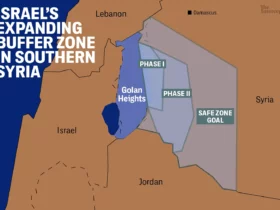


Leave a Reply